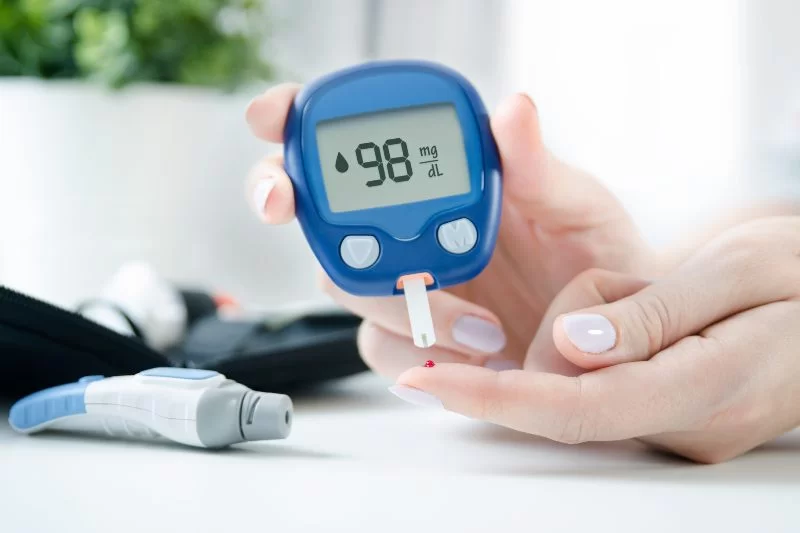Diabetes Control in Bangalore
Diabetes is a chronic health condition that affects how your body converts food into energy. The primary types are Type 1, where the body doesn’t produce insulin, and Type 2, where the body becomes resistant to insulin. Gestational diabetes occurs during pregnancy and usually resolves postpartum. Managing diabetes effectively requires a combination of lifestyle adjustments, medical care, and awareness.
1. Understanding Diabetes and Its Impacts
Diabetes primarily leads to high blood sugar (hyperglycemia), which can damage blood vessels and nerves over time. Uncontrolled diabetes increases the risk of serious complications such as heart disease, stroke, kidney failure, blindness, and foot ulcers. Proper control can prevent or delay these complications.
Key Strategies for Diabetes Control
2. Nutrition and Diet Management
Healthy eating is the cornerstone of diabetes management. Focus on:
- Balanced Meals: Incorporate vegetables, whole grains, lean proteins, and healthy fats.
- Carbohydrate Monitoring: Understand how carbs affect blood sugar levels. Opt for complex carbs over refined sugars.
- Glycemic Index Awareness: Choose foods with a low glycemic index (e.g., lentils, quinoa) to stabilize blood sugar levels.
- Portion Control: Avoid overeating and maintain consistent meal timings.
- Sugar Alternatives: Use natural sweeteners like stevia in moderation instead of sugar.
3. Physical Activity
Regular exercise helps the body use insulin more effectively and lowers blood sugar levels. Activities include:
- Aerobic Exercise: Brisk walking, swimming, or cycling for at least 150 minutes per week.
- Strength Training: Building muscle improves glucose metabolism.
- Flexibility Exercises: Yoga and stretching enhance overall health and stress management.
4. Weight Management
For Type 2 diabetes, losing even a small amount of weight can significantly improve blood sugar levels. Achieving a healthy Body Mass Index (BMI) can also lower the risk of complications.
5. Medication Adherence
Diabetes may require oral medications, insulin injections, or both. Take medications as prescribed and communicate with your doctor about any side effects or inefficacy.
6. Monitoring Blood Sugar
Frequent monitoring provides insights into how food, activity, and medications affect your blood sugar levels. Tools like glucometers or continuous glucose monitors (CGMs) make tracking easier.
7. Stress Management
Chronic stress can elevate blood sugar levels. Techniques such as meditation, mindfulness, and deep breathing exercises can reduce stress effectively.
8. Routine Checkups
Regular visits to your healthcare provider ensure that your diabetes management plan is effective. Monitor your:
- HbA1c levels (average blood sugar over 3 months)
- Blood pressure
- Cholesterol levels
- Foot health (to prevent ulcers and infections)
- Eye health (to avoid retinopathy)
Preventing Complications
Lifestyle Tips
- Avoid smoking and limit alcohol intake.
- Stay hydrated to help kidneys flush out excess sugar.
- Prioritize sleep as poor sleep can disrupt insulin sensitivity.
Emergency Preparedness
Be prepared for hypoglycemia (low blood sugar) by carrying glucose tablets or sugary snacks. Recognize signs like dizziness, sweating, and confusion to act promptly.
Conclusion
Controlling diabetes is a lifelong commitment that requires consistent effort and lifestyle adjustments. With proper nutrition, exercise, medication adherence, and monitoring, individuals with diabetes can lead healthy, fulfilling lives. Collaborate with healthcare professionals to tailor a management plan that works for you.
